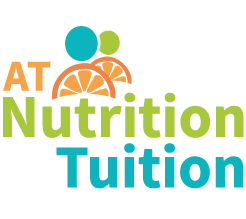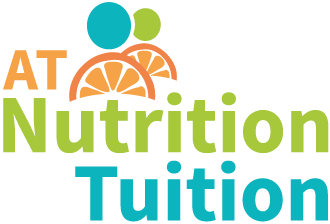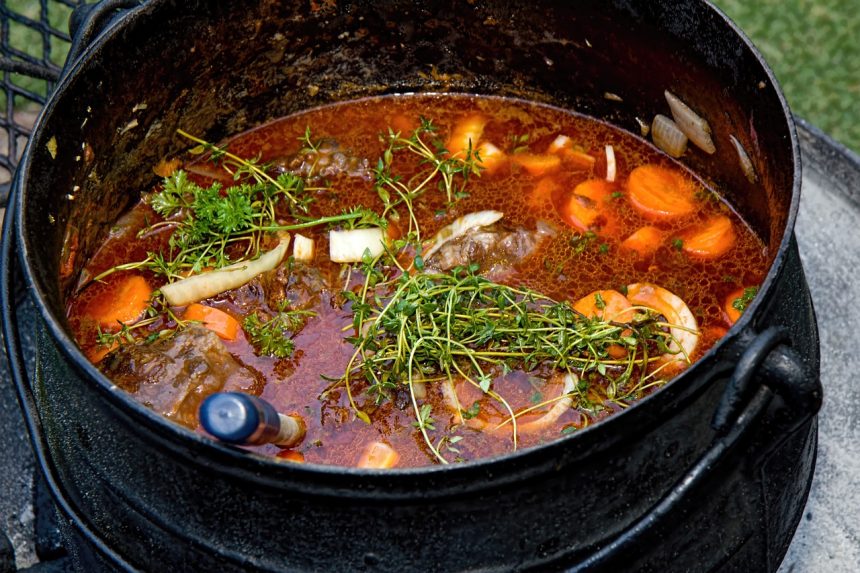OK so you’ve heard from me already about the colourful polyphenols in real food such as fruit and veg, nuts and seeds, herbs and spices. These colour pigments have been shown to play a role in ‘anti-rusting’ or other health-promoting functions, though only when taken in balanced context with other vital co-factor nutrients such as vitamins, minerals, healthy fats, adequate proteins, enough fibre, etc.
I’ve been hearing for decades to avoid processed foods. Why? Because processing removes nutrients! So why do heavily processed ‘high-refined-carbohydrate/low calorie/low fat/low sugar/low salt/low taste/low this/no-that’ foods get a pass? Over-processed foods often contain gums, glues and a range of additives and dodgy ‘new-to-nature’ ingredients that I wouldn’t touch with a barge pole!
So, despite being heavily promoted as being “healthier & delicious”, many ultra-processed convenience meals by nature contain a cocktail of chemically-altered food additives which our grandparents wouldn’t recognise. We know that adding vitamins and minerals to processed foods doesn’t make them health foods. “Just eat real foods!” as a wise grandmother used to say!
A research paper is discussed on the Food and Behaviour (or FAB) website, a charitable organisation started by a university professor from Oxford to make robust food-related research more accessible to the general population. This paper discusses five lifestyle changes to get you started, the first one of which is to improve our general diet and start moving (e.g. around our beautiful Bushfield):
“Wholefoods such as leafy green vegetables, legumes, wholegrains, lean red/white meat and seafood, provide nutrients that are important for optimal brain function. These foods contain magnesium, folate, zinc and essential fatty acids …Foods rich in polyphenols, such as berries, tea, dark chocolate, [moderate] red wine and certain herbs, also play an important role in brain function.”
More real food information
For more recipe ideas and support, see free, evidence-based information and infographics at the doctor-led national charity called Public Health Collaboration. They offer free, easy-to-download leaflets on either Real food lifestyle, Real food lifestyle for weightloss or you may find Dr. Unwin’s Sugar Infographics really informative as they clearly illustrate Sugar Burden, White, Brown and Green Foods, Chocolate.
Indeed, customer-focussed food manufacturers seem to have responded to this move to self-care by creating tasty, easy-to-prepare dishes with a small number of ‘real-food’ ingredients which our grandparents would approve of. Lab testing some nutrient levels is often recommended to evaluate how healthy our diets really are for us.


